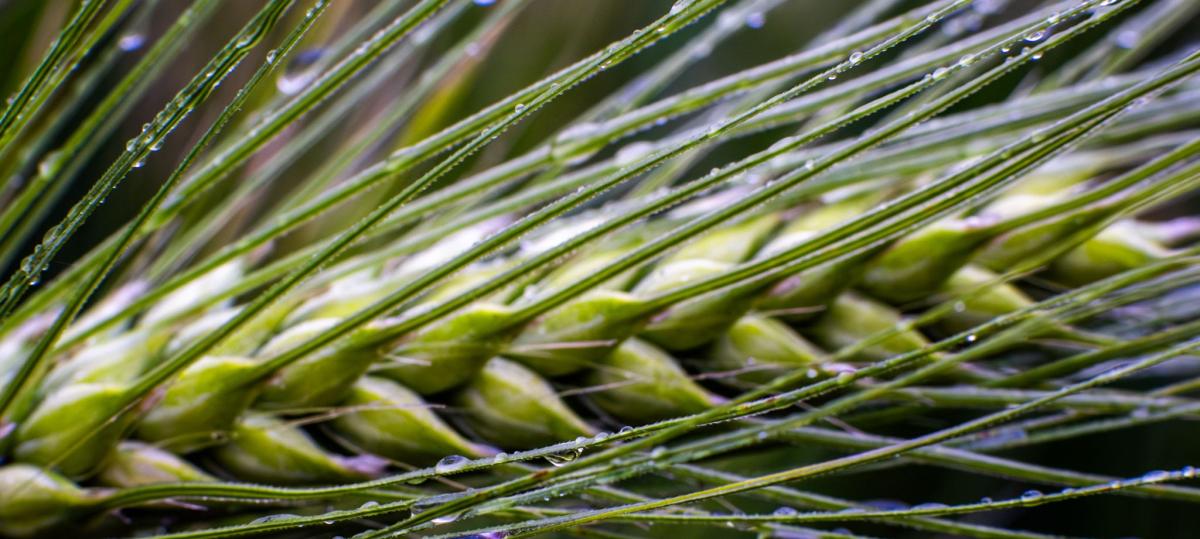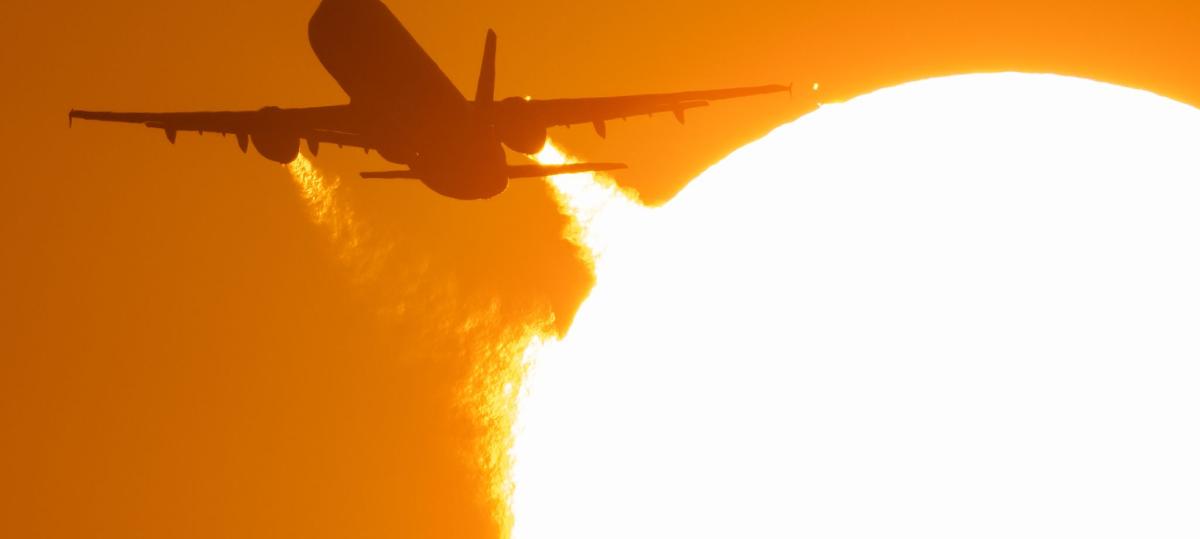What the rain brings after a long drought

The latest rainfall has given nature and agriculture urgently needed water supply. But is that enough? « The situation is at least temporarily relaxing, » says agricultural meteorologist Andreas Brömser from the German Weather Service (DWD) of the German Press Agency. « This is now a breather. »
Andreas Marx from the Helmholtz Center for Environmental Research (UFZ) in Leipzig confirms that the rainfall of the past two weeks has been available for plants in the top floor in many places in Germany-even if in May there was still less precipitation than normal. Lower temperatures have also led to less evaporation. « Both effects ensure that the situation in agriculture is relaxed, » explains Marx.
Good prospects for early cereals
Brömser sees good prospects for grain types that are harvested in early summer: the rain will probably be enough for early varieties of wheat and barley. Sugar beets or corn that would only be harvested later in the year will rely on good water supply over the next few months. « The summer with the really hot days is still around, » says Brömser.
Many plants have grown strongly and have used up a lot of water again. « When rain comes from time to time, the plants live by hand in the mouth, » said Brömser.
No longer -term all -clear possible
The top centimeters of the soil are moistened by the rain, and also 20 to 30 centimeters in very rainy regions. Below is the earth – very dry up to 50 to 80 centimeters deep.
It is therefore too early for the all -clear: whether dryness can quickly become a problem for agriculture, shipping and nature, according to the experts, depends on the further course of the summer.
Hitzesommer in Europe probably
According to some model calculations, a hot summer in Europe is likely. The warming in the North Atlantic can expect an exceptionally hot summer, it was said in mid-May by the Max Planck Institute for Meteorology (MPI-M) in Hamburg. This forecast coincides with predictions from the European Center for medium -term weather forecasts, which also expects a very hot upcoming summer.
According to experts, long -lasting dry periods in summer are a result of global warming. With climate change, the likelihood of extreme heat events also increases, which in turn can lead to poorer harvesting yields.
The spring 2025 has been one of the driest since the start of the records. The German Weather Service (DWD) assumes in its preliminary record that it rained only twice between the beginning of March and the end of May in 1881 than in 2025: in 1893 and 2011.








